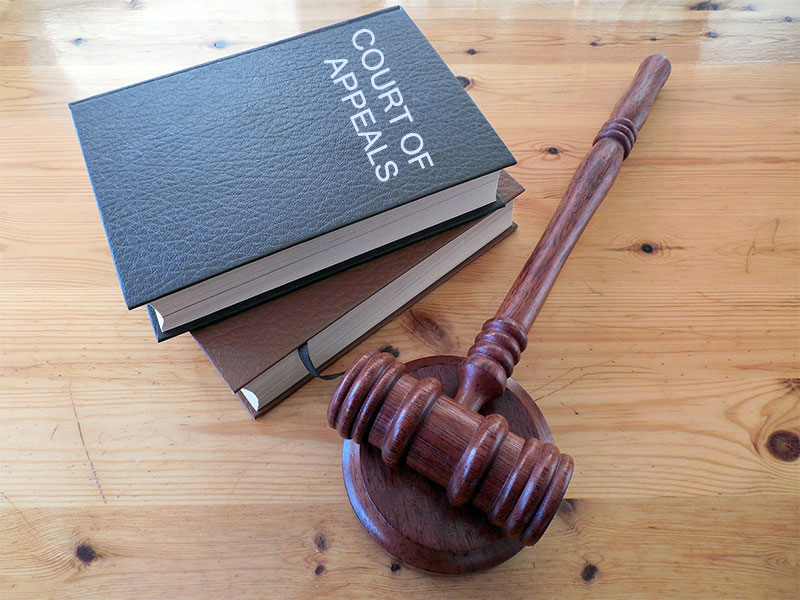Article 66 of the Uniform Code of Military Justice (UCMJ) provides servicemembers who are convicted at court-martial with the ability to appeal those convictions to the service appellate courts. These Article 66, UCMJ, reviews are the majority of the cases that these courts see. However, there are some instances in which the service courts address cases that come to them mid-trial. The Government, alleged victims, and accused can file a writ at any time in the trial proceedings under the All Writs Act. These writs are rare and the standard for success is very difficult for filing parties to meet.
Another type of mid-trial appeal comes from Article 62, UCMJ. This is a statutorily-created appellate right given only to the Government. Under Article 62, the Government may appeal any ruling that dismisses a charge or specification, any ruling that excludes evidence that is substantial proof of a material fact, rulings concerning classified information, and a ruling entering a not guilty finding when the members returned a finding of guilty. The Government has 72 hours after one of these rulings to notify the court that it intends to appeal or it loses the ability to do so.
In a recent Army case, United States v. Eruaga, the accused was charged with sexual assault and indecent exposure. After one of the alleged incidents, PFC Eruaga was interrogated by CID. He was brought in and provided a notice of his rights. He initially stated that he wanted a lawyer but after further conversation with the agent, discussed the allegation. He did not admit to committing the charged offense, although he did admit to communicating with the alleged victim, meeting her in a latrine, and to uncharged sexual acts with the alleged victim.
Before trial began, PFC Eruaga’s defense counsel moved the court to suppress their client’s statement to CID. The defense argued that the agent’s comments to PFC Eruaga after he had invoked his right to counsel violated his right. The Military Judge agreed and suppressed the statement. The Government notified the court that it was appealing this ruling pursuant to Article 66, UCMJ, as it excluded evidence that was substantial proof of a material fact.
In its decision, the Army Court of Criminal Appeals did not reach the issue of whether the statement was properly suppressed. Instead it based its decision on the requirements of Article 62, itself. The Court found that PFC Eruaga’s statement was not substantial proof of a material fact. The Court noted that PFC Eruaga denied the charged offense throughout the interrogation. The Government argued that the statement showed consciousness of guilt and a lack of credibility but the Court did not find these aspects of the statement to be substantial proof of any material fact on the charged sexual assault. The Army Court determined that the evidence excluded did not meet the statutory requirement for appeal under Article 62 and that the Court, therefore, did not have jurisdiction to decide whether the Military Judge erred. The appeal was dismissed. The Government may try to appeal this ruling to the Court of Appeals for the Armed Forces. If they do not, the case will return to the trial court where the Military Judge’s ruling will stand and the trial will proceed.
If you or your loved one is facing a court-martial or wants to appeal a court-martial conviction, you need someone with experience who knows the law. I have the experience you need. Please call Bill Cassara at (706) 445-2943 for a free consultation.

